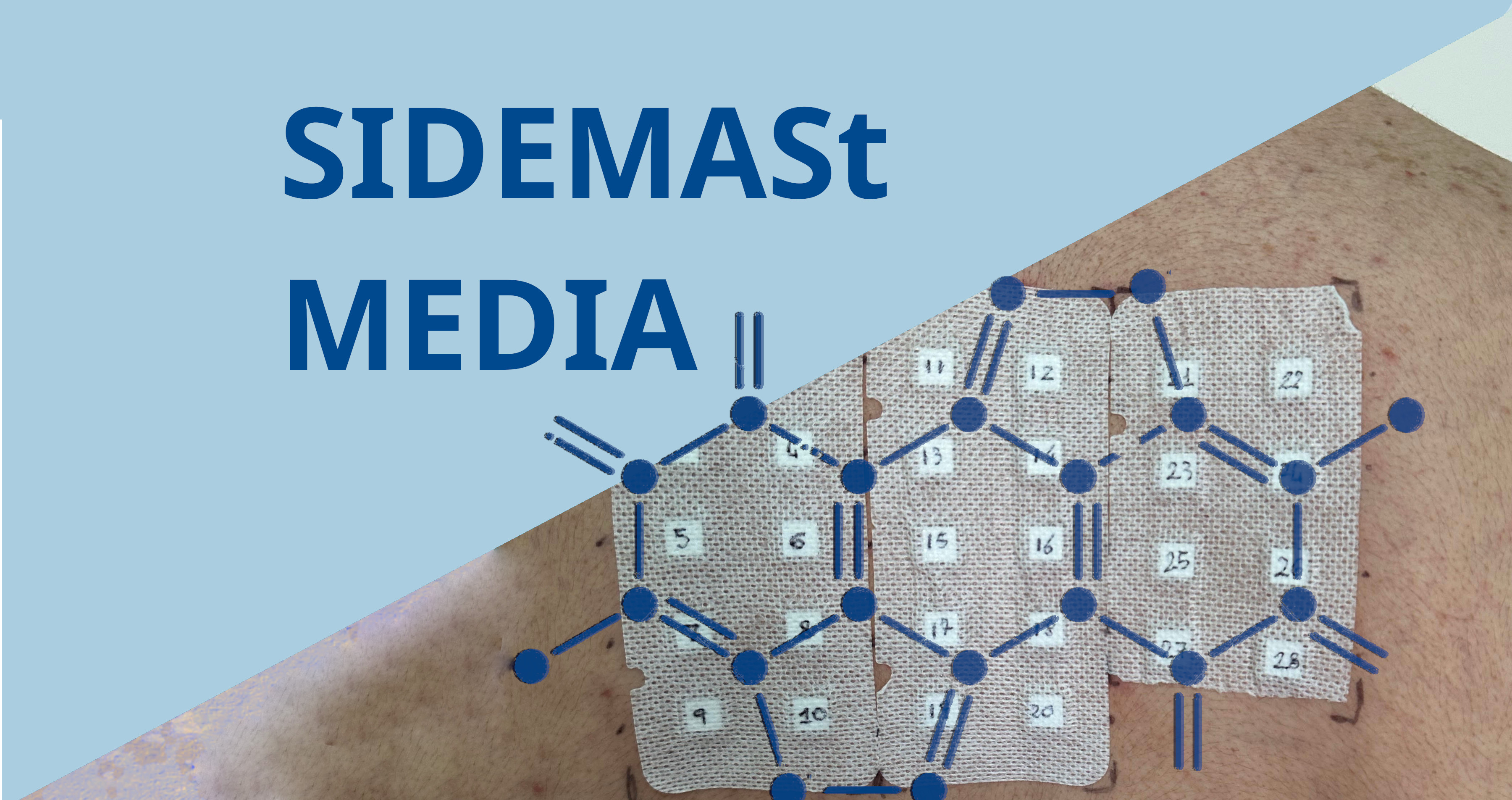Among patients with melanoma who were treated with immunotherapies, those whose tumours had mutations in the gene NRAS had better response and treatment outcomes than those whose tumours did not have NRAS mutations, according to a study published in the journal Cancer Immunology Research.
Although immunotherapies have become a main treatment option for patients with melanoma, tumour markers that can identify patients who will benefit the most from these therapies is an important step in improving treatment outcomes, according to Douglas B. Johnson, MD, Vanderbilt-Ingram Cancer Center (VICC), Nashville, Tennessee, and colleagues.
For the study, the researchers analysed electronic medical records of 229 patients with melanoma treated at VICC; Memorial Sloan Kettering Cancer Center, New York, and New York; and Massachusetts General Hospital, Boston, Massachusetts.
Of the patients, 143 received ipilimumab, 58 received IL-2 therapy, and 28 received anti-PD-1/PD-L1 drugs as first-line therapy. A total of 60 patients had tumours with NRAS mutations, 53 had BRAF mutations, and 116 had the normal forms of these 2 genes.
The researchers found that 28% of the patients with NRAS-mutant melanoma had complete or partial responses with first-line immunotherapy compared with 16% of those who had the normal form of the gene.
The clinical benefit rate (complete or partial response, or stable disease lasting 24 weeks or more) with anti-PD-1/PD-L1 drugs was 73% for those with NRAS mutations and 35% for those with the normal form of the gene. Patients with NRAS mutations had a trend for better outcome when treated with the immunotherapy ipilimumab as well.
"In a retrospective study, we found that patients with NRAS-mutant melanoma seemed to respond better to immunotherapy compared with patients whose tumours had other genetic subtypes, and this was especially true for patients treated with anti-PD-1/PD-L1 therapies," said Dr. Johnson. "We studied a small group of patients, but the results were quite suggestive. Our findings need to be confirmed in a prospective study."
"This study highlights the need to find predictive markers that can help us understand which patients will respond to therapy," he added. "Our study will hopefully lead to understanding the biological mechanisms that explain why NRAS mutations predict response. We are currently conducting studies to explain this finding."








